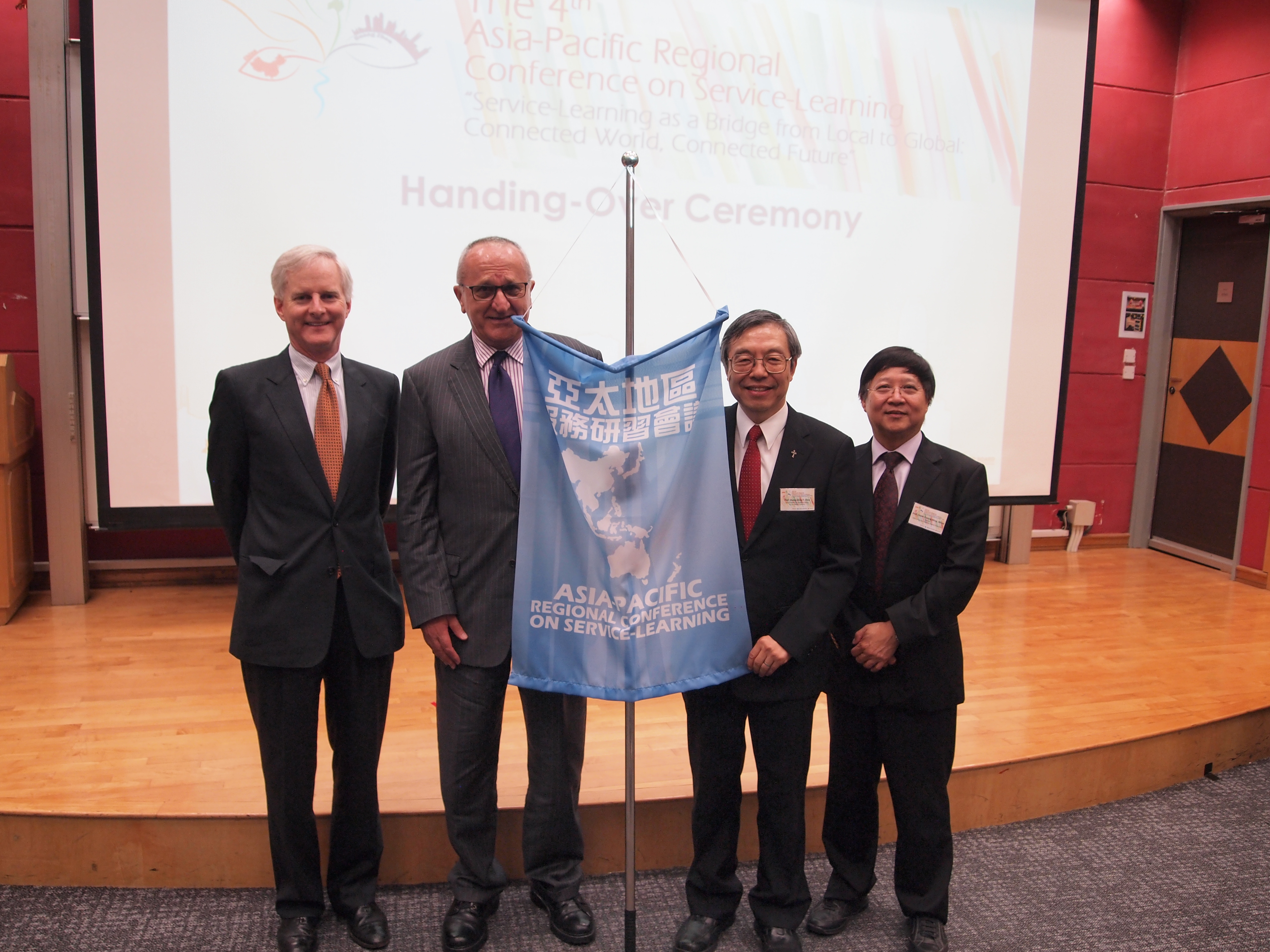Location
MD215, Paul Cardinal Shen Medical Building, Fu Jen University
Start Date
28-5-2015 1:30 PM
End Date
28-5-2015 2:40 PM
Description
College heavy episodic drinking, or binge drinking is a serious and chronic young adult health problem in the United States. Heavy episodic drinking is also associated with college students falling behind in schoolwork and an overall lower grade point average.
The Mānoa Alcohol Project (MAP) is a service learning program that seeks to reduce high-risk alcohol use at the University of Hawai'i at Mānoa (UHM). There are two major objectives of the MAP program. The first objective is to present accurate norms and education about alcohol use on campus and the second is to reduce the harmful consequences of alcohol abuse among UHM undergraduate students.
Research has shown that campus-wide educational strategies to reduce high-risk alcohol use behaviors among college students should incorporate accurate information regarding alcohol use norms. These evidence-based norms are then widely distributed, or marketed to correct students' perceived over estimation of their peers alcohol consumption and the underestimation of students protective alcohol use behaviors. As a result, the MAP program incorporates the principles of social norms theory into a campus-wide alcohol education social norms marketing campaign, specifically designed to target the undergraduate student population.
UHM service learning students working with the MAP program to put social norms theory into practice by providing alcohol education outreach to the campus community. The service learners work throughout the school year to develop and implement several campus-wide social norms marketing poster campaigns. These creative data-driven educational campaigns promote healthy decision-making related to alcohol and other substance use and encourage students to achieve college success. Multi-year evaluation data shows that MAP's social norms marketing campaigns successfully contribute to an increase in healthier behaviors related to alcohol use and a decrease in negative health consequences of excessive alcohol consumption among UHM students.
This interactive conference presentation will showcase implementation strategies and educational materials created for the MAP social norms marketing campaigns. The presentation will also demonstrate how conference participants can utilize service learning and social norms marketing campaigns on their own university campuses, as a means of contributing to the well-being and academic success of their college student population.
Recommended Citation
Scholly, K. (2015, May). Mānoa Alcohol Project: Service learning, social norms and alcohol abuse prevention. Paper presented at the 5th Asia-Pacific Regional Conference on Service-Learning: Love Journey: Community Engagement through Service-Learning, Fu Jen Catholic University, Taiwan.
Included in
Mānoa Alcohol Project : service learning, social norms and alcohol abuse prevention
MD215, Paul Cardinal Shen Medical Building, Fu Jen University
College heavy episodic drinking, or binge drinking is a serious and chronic young adult health problem in the United States. Heavy episodic drinking is also associated with college students falling behind in schoolwork and an overall lower grade point average.
The Mānoa Alcohol Project (MAP) is a service learning program that seeks to reduce high-risk alcohol use at the University of Hawai'i at Mānoa (UHM). There are two major objectives of the MAP program. The first objective is to present accurate norms and education about alcohol use on campus and the second is to reduce the harmful consequences of alcohol abuse among UHM undergraduate students.
Research has shown that campus-wide educational strategies to reduce high-risk alcohol use behaviors among college students should incorporate accurate information regarding alcohol use norms. These evidence-based norms are then widely distributed, or marketed to correct students' perceived over estimation of their peers alcohol consumption and the underestimation of students protective alcohol use behaviors. As a result, the MAP program incorporates the principles of social norms theory into a campus-wide alcohol education social norms marketing campaign, specifically designed to target the undergraduate student population.
UHM service learning students working with the MAP program to put social norms theory into practice by providing alcohol education outreach to the campus community. The service learners work throughout the school year to develop and implement several campus-wide social norms marketing poster campaigns. These creative data-driven educational campaigns promote healthy decision-making related to alcohol and other substance use and encourage students to achieve college success. Multi-year evaluation data shows that MAP's social norms marketing campaigns successfully contribute to an increase in healthier behaviors related to alcohol use and a decrease in negative health consequences of excessive alcohol consumption among UHM students.
This interactive conference presentation will showcase implementation strategies and educational materials created for the MAP social norms marketing campaigns. The presentation will also demonstrate how conference participants can utilize service learning and social norms marketing campaigns on their own university campuses, as a means of contributing to the well-being and academic success of their college student population.
